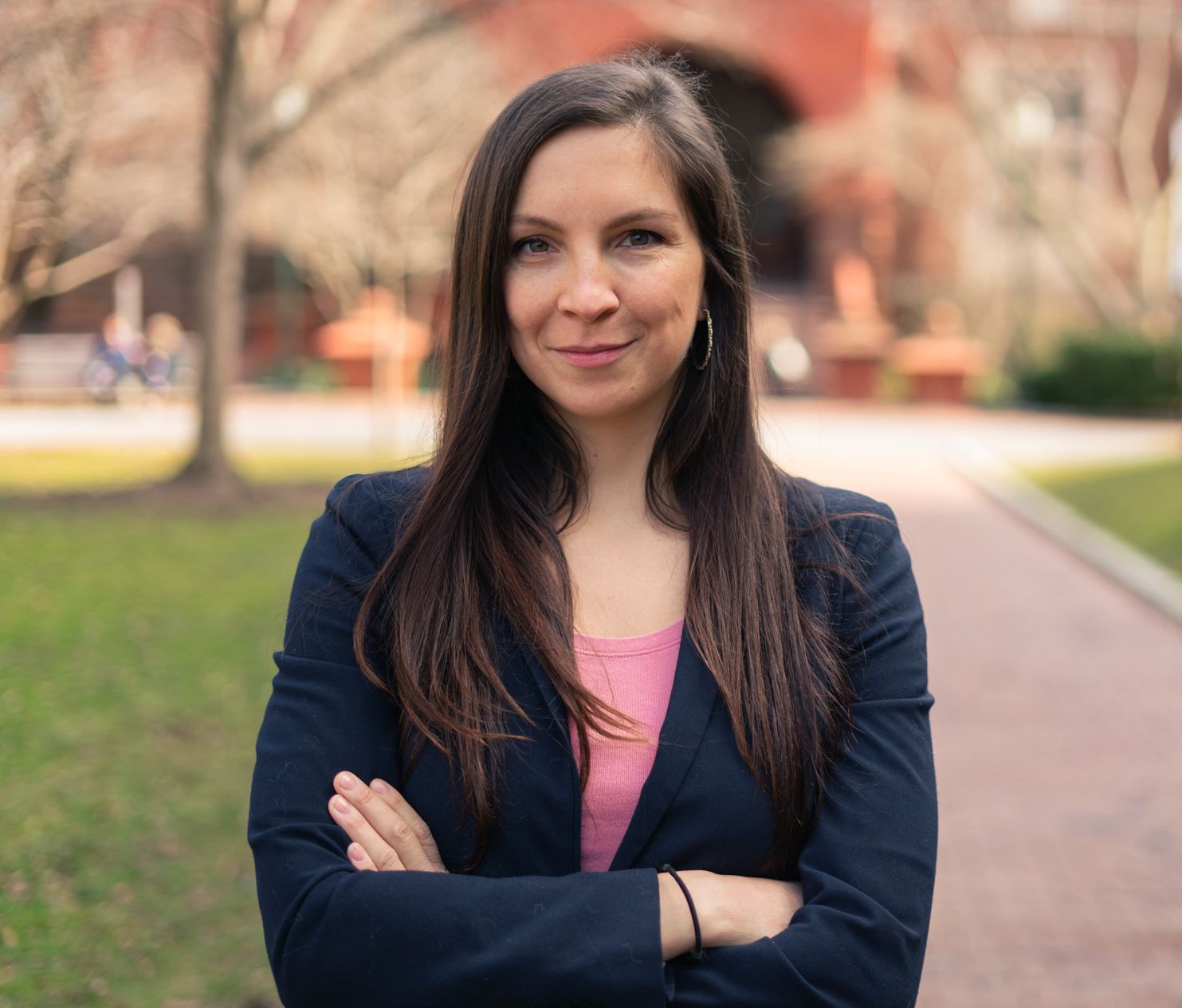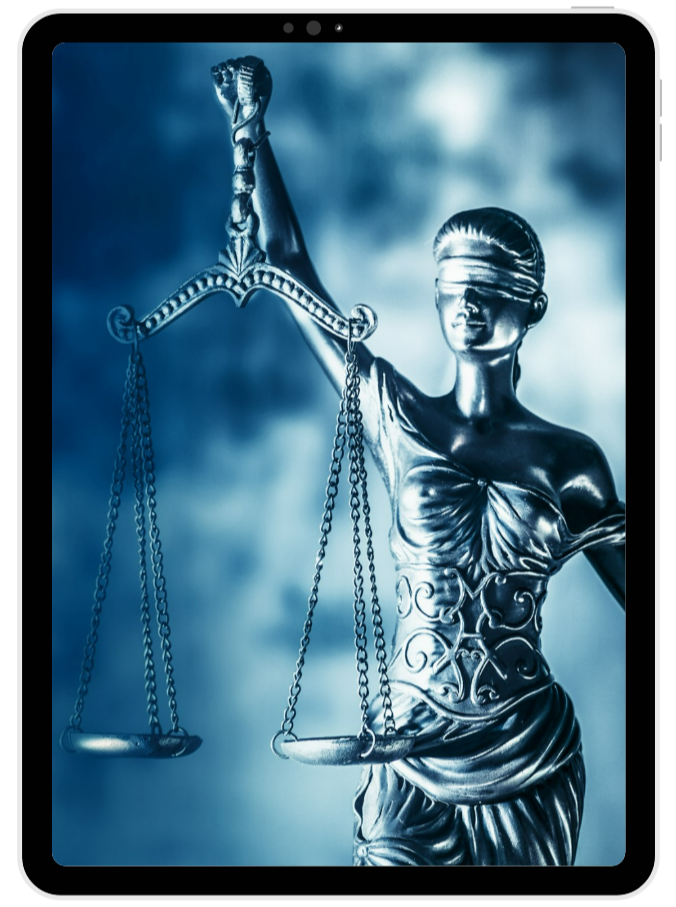Choosing what to write about for your law personal statement is often one of the most difficult—and most important—decisions you have to make in your law school application. Knowing what should be included in a personal statement for law school can feel like a trick question.
For many applicants, it feels like there are a million different things they could write about, how are they supposed to fit it all into two to three pages double spaced?
For other applicants, it feels like they have nothing interesting or novel to write about at all, and they don’t know how to make their law school personal statement stand out from everyone else? (Hint, you’re the only You out there and I promise you there is something unique and interesting).
Whichever applicant you resonate with most, I can assure you that there is a compelling personal statement within your reach. I like to tell my consulting clients that getting to a powerful personal statement—a personal statement that will make you stand out and get admitted into your dream law school—is like sifting for gold. You have to sift out a lot of muck and grime, and even other shiny rocks that you think are gold but are actually just another worthless rock.
Figuring out the gold of your personal statement is the same. It requires a lot of digging, a lot of sifting, a lot of close examination, a lot of clean up, but at the end, you will be rewarded.
And lucky for you, after years helping my clients—who all come from different backgrounds, have different stories, experiences, interests—develop a powerful personal statement that got them into their dream law schools, I have figured out the proven strategies to help you get into your dream law school.
If you’ve ever wondered, what do law schools look for in a personal statement, you’ve come to the right place.
But first, let’s talk about a common question I get: How important is the personal statement for law school?
How Important is the Personal Statement for Law School?
You probably know how important your GPA and LSAT score. But too many applicants think this is all that matters.
The truth is, many applicants have amazing GPAs and LSAT scores, and still don’t get in.
And it is also true that many applicants without amazing GPAs or LSAT scores do get in.
Just take a look at a few of the applicants I’ve worked with who, if you just looked at their numbers, should not have gotten into the schools they’re at right now

 .
.


Clearly there is some other underlying factor. Something that made these applicants absolutely acceptance-worthy, in spite of their stats.
FACT: Law schools care about more than just your GPA and standardized test scores.
FACT: Law schools are not looking for applicants who are just going to law school because they “like to debate” or “have wanted to be a lawyer since they were eleven.”
FACT: Law schools are not looking for applicants to just tell them what they’ve accomplished.
So then what else are law schools looking for?
That’s what I’m here to tell you: How to write a law school personal statement that will help you stand out and get you admitted into the top law schools. Are you ready to put in the work? Let’s dig in.
What Do Law Schools Look for In a Law Personal Statement?
1. A Cohesive Story
A mistake I see time and time again is a personal statement that has too many different themes going on, shows too many different interests, and makes me feel like the applicant can’t commit to anything.
This is not a quality you want law schools thinking about you.
A simple, but powerful, way to make your law personal statement stand out and get you admitted into your dream law school is to tell a single, cohesive narrative.
Ok, great . . . but what does that mean?
It means you want the admissions officer to read your application and see someone who can commit to things, has built genuine depth of interest, is stable, and understands herself and her decision to pursue law school.
Too often I see personal statements that are all over the place. It’s clear they’re trying to impress admissions officers by packing in anything and everything they’ve done and are passionate about. But instead of looking impressive, it looks chaotic and reads as an applicant who doesn’t really have a clear vision of who they are, what kind of mark they want to make, and why they’re going to law school.
A cohesive application requires careful curating of your experiences and interests.
There is such a thing as including too much.
Having a cohesive application requires a lot of planning and intention behind the application.
A foolproof way to make sure you have a cohesive essay, is to focus it around a broader theme. This lets you bring in experiences that may feel distinct or totally unrelated but that when you step back and take a closer look, all fall within an overarching theme.
For example, maybe your backpacking adventures across Tanzania, your bungee jumping in New Zealand, your viral blog on complicated baking techniques, and your work in mechanical engineering feel totally distinct, like they’re different parts of you. This was a real client of mine, Beth. And after going through her brainstorm, we realized that she is someone who is always pushing boundaries, always trying to innovate, whether it is through her adventurous travel, her baking, or her work engineering innovating products. And that it was she focused her application around.
Action Step! Find Your Theme
- Brainstorm about some of your most memorable and formative experiences, the experiences that led you to this very moment when you’re applying to law school. Be over-inclusive! This is just your brainstorm, you’ll sift through it after.
- Review your brainstorm with an objective eye. If someone had to write a these that encompassed the entirety of these most important experiences, what might it say?
2. A Convincing Explanation for Why Law School
Now that you’ve developed a theme that you will focus your application around, the next step is to connect that theme with why you are ultimately choosing to go to law school.
You want to answer the question: why is law school the inevitable next step for me?
Let’s talk about my former client Beth again—the mechanical engineer, bungee-jumper, baker. She ended up writing her personal statement around the theme that she is someone who likes to push bounds, who is drawn to innovation. An essay that ended there would have been fine, but it likely wouldn’t have gotten her into her T-10 dream school…which yes, she did get into.
Beth needed to link the theme that she is someone who pushes bounds and is drawn to innovation to why she wanted to go to law school.
So for Beth, she linked her desire to innovate to being drawn to patent law. She talked about how in order for her to continue innovating, she needed to understand how to protect her and others’ innovations.
Beth’s reason for going to law school was very specific. She knew and could back up with proof of her experiences exactly what kind of lawyer she wanted to be.
These are powerful applications. But realistically, most people applying to law school don’t yet know what kind of lawyer they want to be. That’s ok.
But your personal statement still needs to answer the question Why Law School. And the more detail you can paint into the picture, the stronger your application will be.
Here are some ways you can explain why law even if you don’t know exactly what kind of law you want to practice:
> If you have a sense of what kind of law you might want to pursue, but aren’t exactly sure, then you can offer that interest as a possibility of something you might pursue . . . as long as it still fits within your ultimate theme.
For instance, one of my clients was interested in family law, and specifically divorce law, but wasn’t ultimately sure if that’s the career she wanted to pursue. But given her own personal experiences with divorce and her background working with vulnerable youth populations, it was a natural interest for her to want to advocate for children who are often helpless during divorce.
So instead of saying she knew with absolute certainty she wanted to pursue a career in family law, she wrote something along the lines of she “might envision a career in family law…”
Remember though, this Why Law only worked because she ultimately chose to center her application’s theme around advocating for helpless children after experiencing that feeling herself, and then working with vulnerable youth populations while in college. Again, this goes back to having proof of her experiences to back up what she was saying.
Some applicants tell me it can feel disingenuous to say they may do something, when they’re not exactly sure. But as long as it is a true interest and a career you may want to pursue, you are not deceiving admissions officers, you are just telling them what interest has led you to law school and providing one example of what a career in law might look like for you.
Law schools know that you have limited exposure to practice areas, and that your interests will inevitably shift in law school. You’re not binding yourself to a future, you’re showing law schools how your interests have shaped your decision to pursue law.
> Now, if you have no idea at all what kind of law you’re interested in, here is my suggestion: think about what the role of a lawyer means to you and offer that as the Why Law piece of your personal statement.
For instance, maybe for you, you see being a lawyer as a form of service. You’d of course want your narrative to focus on why a career of service is important to you, and then your Why Law aspect should focus on explaining that law will be that tool for you.
Here’s an example of how one of my client’s did this in her personal statement:
As I have learned throughout my life, a person’s circumstances are in no way an indication of their her to succeed . . . Although I am not yet certain which legal field I would like to specialize in, I know that my role as a lawyer will be one that is committed to furthering equal access to the law, identifying and challenging barriers that inhibit the full potential of my clients.
See how even though she says she comes right out and says she doesn’t know what kind of law she wants to practice, she still shows that she has thought about why she is going to law school. Her theme centered around accessibility and how lack of opportunities is too often equated with lack of capabilities, which she then tied directly to her why law—law is a way for her to help close that gap.
Discussing your Why Law is critical to getting into your dream law school. It shows maturity and foresight, and will help you stand apart from the thousands of applicants who are applying because “they always wanted to be a lawyer” or are “good at debating.”
Action Step! Determine Your Why Law
- Decide which kind of applicant you are: (a) you know exactly why you’re going to law school and what kind of law you want to practice; (b) you have an established interest area and may want to explore a practice area related to that interest; or (c) you have no idea what kind of law you want to practice.
- If you are applicant (a) : show how your experiences and insights from those experiences made school and that practice area the inevitable next step for you.
- If you are applicant (b): offer a legal practice area as a possibility of something you might pursue, one that is based on your already established interests.
- If you are applicant (c): think about what the role of a lawyer means to you and offer that as a Why Law piece of your personal statement, making sure to relate it back to your ultimate theme.
3. Critical Thinking Skills
This next step is, in my opinion, the most important aspect about getting into your dream law school.
Candidly, most law school personal statements suck. They read like a glorified cover letter, just talking about the most impressive things that applicant has done, repeating their resume with a little more detail.
If you’re just applying to safety schools, this can be fine.
But if you want to get into a top law school, if you want to get into your dream law school, you need to do more.
If you really want your law school personal statement to actually work for you, and if you want your application to be more than just your stats, you need to show admission officers how you think.
Law school is all about critical thinking. Being a lawyer is all about critical thinking. If you can show admission officers now that you have that skill, you show them that you will thrive and succeed. Those are the applicants they want to accept. Those are the applicants law schools will fight over.
So how do you do that?
You need to talk about something bigger than yourself. I like to call this a “Global Insight.”
Let’s go back to my old client, Beth: the innovator, mechanical engineer, bungee-jumper, baker who wanted to go into patent law.
Beth could’ve easily talked about all her past experiences that would make her a valuable patent attorney—for instance, her experience in mechanical engineering working on innovative products gave her direct exposure to patent work. And if she were applying to a job, that’s exactly what she would want to do.
But applying to law school is not the same as applying to a job.
Beth wanted to get into a T-10 law school, with an LSAT that was below those schools’ medians. She needed to stand out.
So she showed how she could think critically about her own experiences, identify a problem, and show how she as a lawyer could work to fix it. Here is her “global insight.”
Working with a variety of different clients as a mechanical design engineer consultant, I shifted from wanting to create and solve problems, to being the voice of innovative products. I encountered numerous instances where patents were crucial to progress, but the lawyer’s failure to grasp the innovation of a product proved fatal to the product’s success . . .
With ever-increasing connections and access to information, I believe intellectual property law is indispensable to progress. Our modern-day society is constantly changing as technology and the way we do business rapidly evolves. Laws surrounding technology and innovation that provide structure for an uncertain future must constantly be re-evaluated and interpreted in a way that fits with the needs today. The decisions we make today about what is deserving of a patent, and thereby how we classify innovation, will impact future progress. Lawyers who understand the mechanical details of a product and impact in the context of law are necessary to make such decisions. I intend to be one of those lawyers. A knowledgeable advocate can make all the difference.
See how Beth shows how she thinks about the world and her own role in it? Instead of just saying “I was a mechanical engineer working on cool products,” blah blah blah she shows how she was critically thinking about her experiences, saw a problem (the problem being untrained lawyers inhibiting innovation), and saw how her experiences along with a law degree could help her solve that problem.
She then went on to explain why this matters. And not just why this issue matters to her, but why this issue should matter to all of us, why this issue should matter to law schools!
She got into her dream T-10 school.
And you can too.
Action Step! Develop Your Global Insight
- Think about what your experiences have taught you about your world or the broader world? Or what larger problems have you seen through your experiences?





